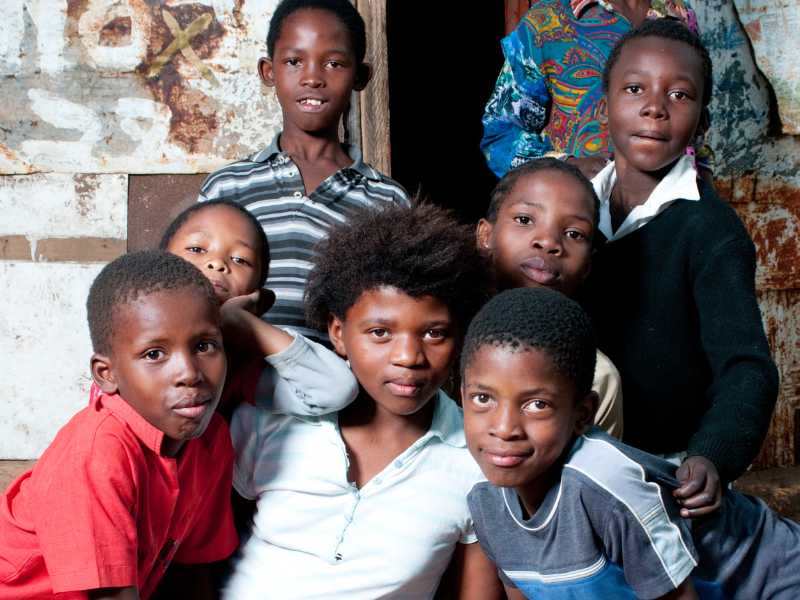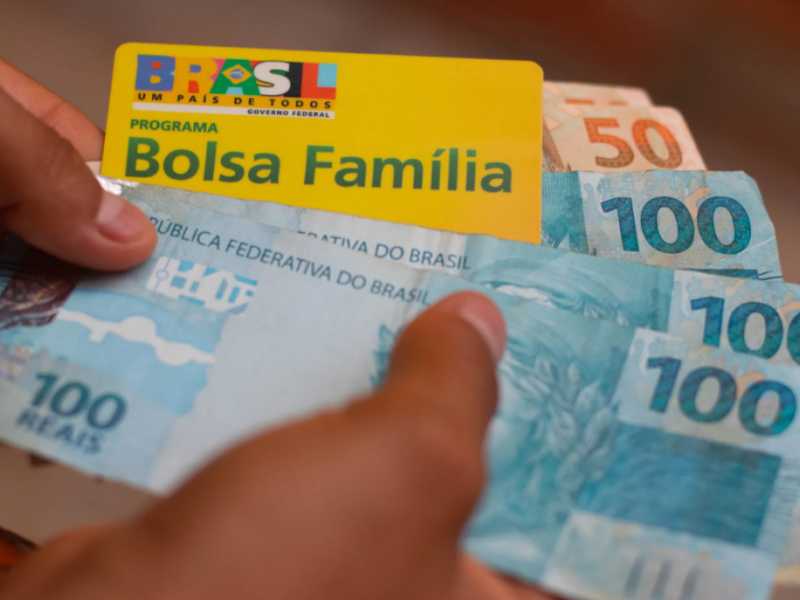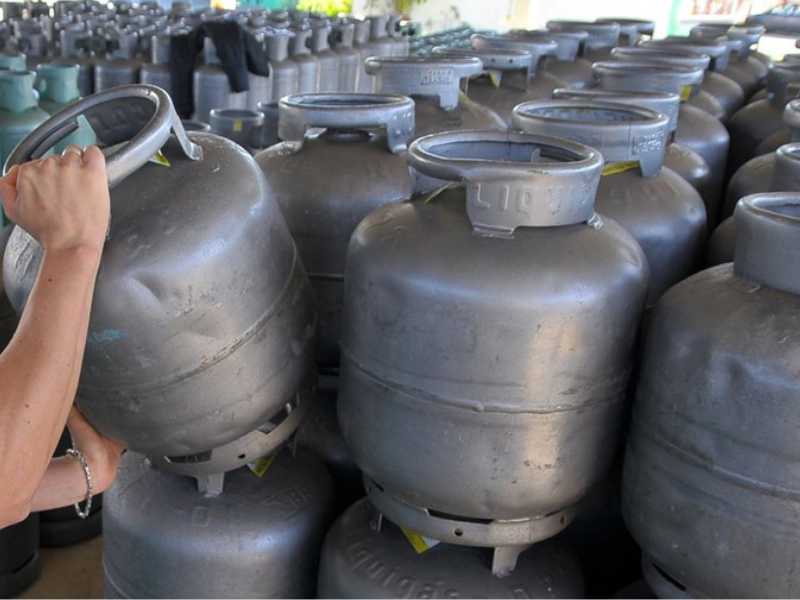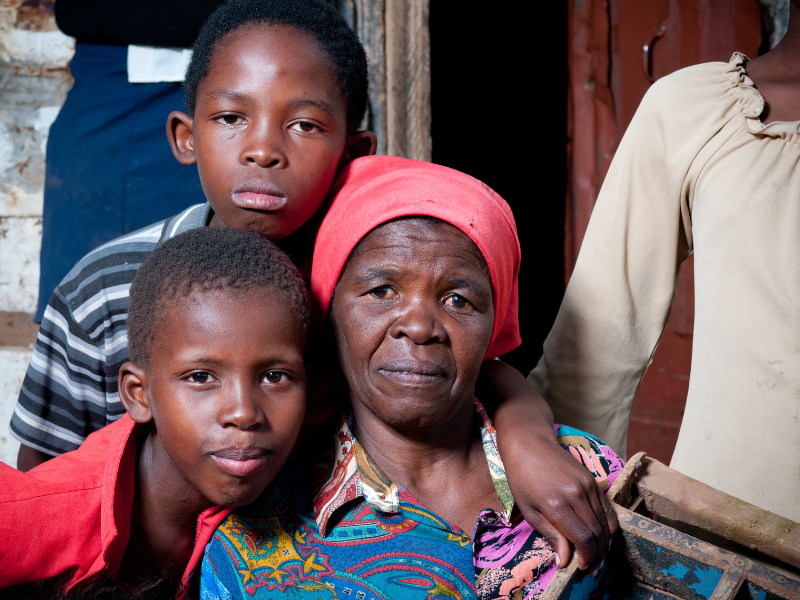Anúncios
Recentemente, circularam nas redes sociais informações questionando se o Bolsa Família teve um reajuste maior que o das aposentadorias. Essa questão gerou debates e dúvidas entre os brasileiros. Em janeiro, o piso previdenciário, que segue o valor do salário mínimo, aumentou 6,97%, passando de R$ 1.320 para R$ 1.412.
Por outro lado, o Bolsa Família, um dos principais programas sociais do país, não teve reajuste este ano, conforme declarado pelo ministro do Desenvolvimento e Assistência Social, Família e Combate à Fome, Wellington Dias.
Veja Mais: Como tirar CNH grátis?
Anúncios
A verdade sobre os reajustes do Bolsa Família
A mensagem que se espalhou pelas redes sociais alegava que o Bolsa Família teve um reajuste duas vezes maior que o das aposentadorias. Essa afirmação, no entanto, é falsa. O benefício não recebeu aumento em 2024, e qualquer informação contrária é considerada fake news. É importante destacar que o programa social é essencial para muitas famílias brasileiras, mas não teve um aumento superior ao das aposentadorias.
Perspectivas para o futuro
Em entrevista ao Estadão, o ministro Wellington Dias mencionou que um possível aumento no valor do Bolsa Família poderia ocorrer apenas em 2025. Ainda assim, haverá uma discussão sobre o tema neste ano. O orçamento de 2024, enviado pelo governo federal ao Congresso Nacional, não inclui nenhum reajuste para o Bolsa Família. Apesar disso, há otimismo para um possível aumento do programa em 2025, trazendo esperança para muitas famílias que dependem desse auxílio.
Anúncios
Além disso, é importante entender o impacto do benefício na economia local. O programa não apenas ajuda as famílias mais necessitadas, mas também estimula a economia das comunidades locais. Quando as famílias recebem esse benefício, elas tendem a gastar mais em produtos e serviços locais, gerando um ciclo positivo de crescimento econômico. Isso mostra que o Bolsa Família é mais do que um programa de assistência social; é também um investimento na economia local.
Outro ponto a considerar é o papel do benefício na educação. Muitas vezes, esse benefício é vinculado à frequência escolar das crianças, incentivando as famílias a manterem seus filhos na escola. Isso não apenas ajuda a reduzir a taxa de evasão escolar, mas também contribui para a formação de uma geração mais educada e preparada para o futuro. Portanto, qualquer reajuste ou mudança no programa deve levar em conta esses aspectos positivos, garantindo que o Bolsa Família continue a ser uma ferramenta vital para o desenvolvimento social e econômico do Brasil.
























